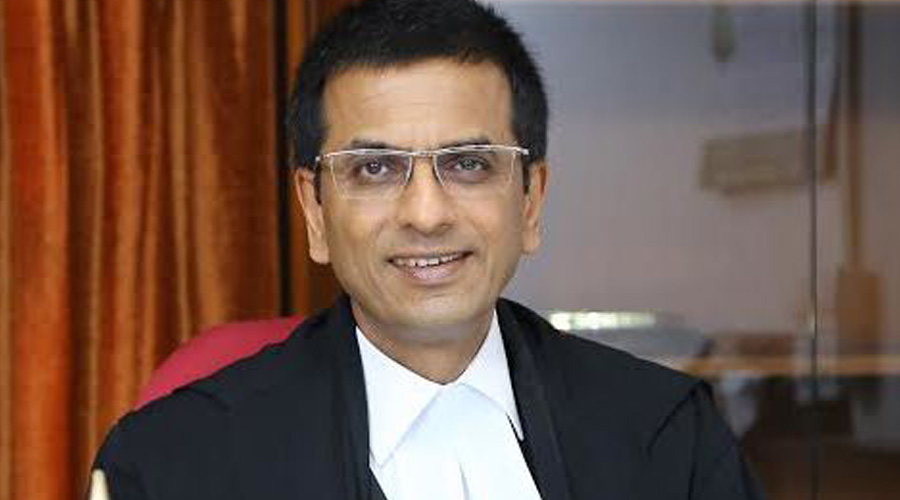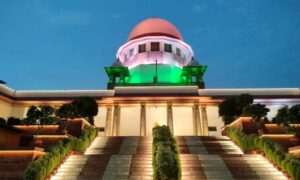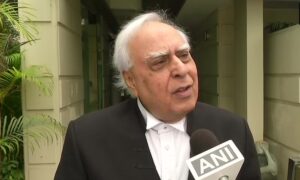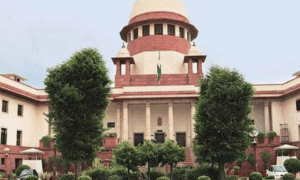
Chief Justice of India DY Chandrachud has remarked that once judges demit office whatever they say is just opinion and is not binding, after former CJI Ranjan Gogoi’s comments that the basic structure doctrine was debatable was flagged in the Supreme Court.
Earlier , Justice (retd) Gogoi, now a nominated member of the Rajya Sabha, while participating in a debate on the Government of National Capital Territory of Delhi (Amendment) Bill, 2023, said, “There is a book by (TR) Andhyarujina, the former solicitor general, on the Kesavananda Bharati case.” “Having read the book, my view is that the doctrine of the basic structure of the Constitution has a very debatable jurisprudential basis. I would not say anything more than this.” In the landmark Kesavananda Bharati verdict of 1973, the top court had propounded the basic structure doctrine of the Constitution and held that certain fundamental features such as democracy, secularism, federalism and rule of law cannot be amended by Parliament.
During the hearing on Tuesday, senior advocate Kapil Sibal, appearing for National Conference leader Mohd Akbar Lone who has challenged the abrogation of Article 370 of the Constitution which had accorded special status to erstwhile state of Jammu and Kashmir, referred to Justice Gogoi’s statement made in the Upper House.
Kapil Sibal contended that the manner in which the Centre abrogated the special status of J and K cannot be in any way justified “unless a new jurisprudence is brought so that they (Centre) can do whatever they like as long as they have a majority”.
He said, “now one of your esteemed colleagues has said that in fact basic structure theory is also doubtful”.
Responding to Sibal’s submission, CJI Chandrachud said, “Mr Sibal, when you refer to a colleague, you have to refer to a sitting colleague. Once we cease to be judges, whatever we say, they are just opinions and are not binding.”
It may be recalled that CJI Chandrachud had at a public event in January this year had called the basic structure doctrine a ‘North Star’ that guides and gives certain direction to the interpreters and implementers of the Constitution when the path ahead is convoluted.
The basic structure principle became the ground for setting aside several Constitutional amendments, including the quashing of the amendment and the corresponding NJAC Act on the appointment of judges in the higher judiciary.
[the_ad id=”55725″]


















